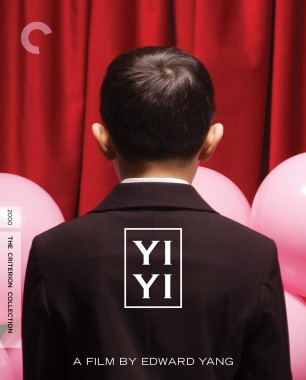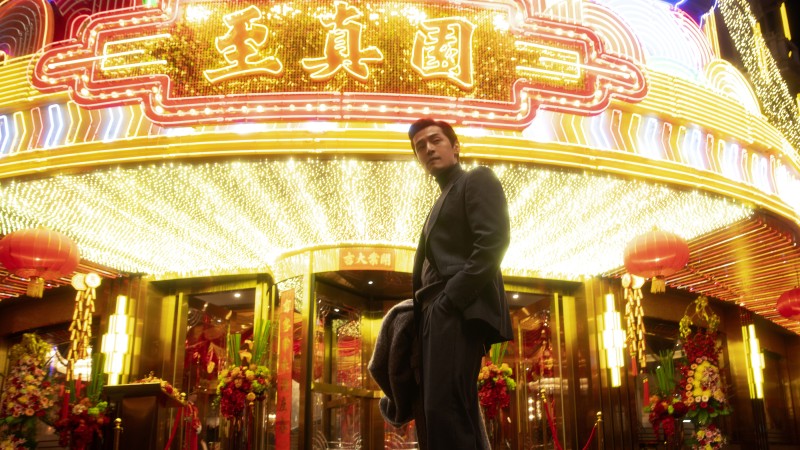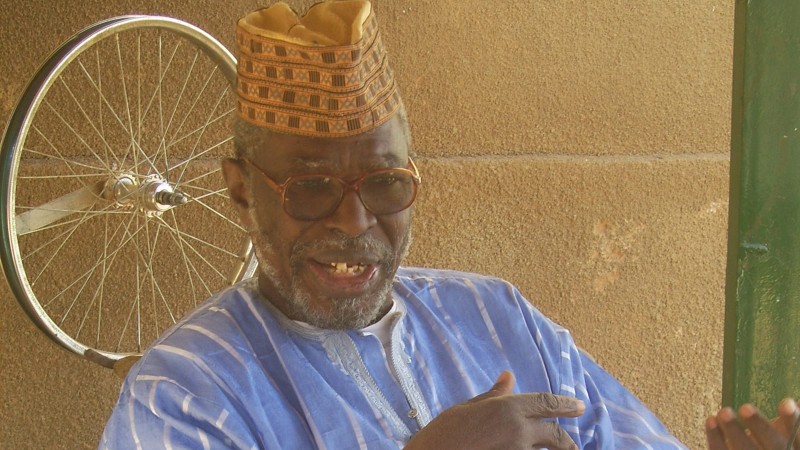Yi Yi Around the World

I first watched Yi Yi on a busted cassette tape, in my small Texas town, rented from a Blockbuster behind a rice field and a pharmacy. If you were a high schooler growing up just outside of Houston and you weren’t throwing a football or running cross-country, then you could hardly call yourself busy. So I’d taken to scanning the collection of foreign films in the back of the rental store. Sometimes I’d bring a few home. And one day, at the end of my pursuit of something I’ve long since forgotten (Police Story, maybe, or Shogun Assassin, if I was feeling brave), Edward Yang’s portrait of a family navigating an increasingly globalized Taipei is what I ended up with.
It took me a minute to actually watch it. I kept putting it off. The running time seemed entirely too long. But one weekend, well past midnight, I stumbled into the family game room, under a too-large blanket, and my American suburban evening melded with the muted pastels of Yang’s Taiwan. It wasn’t quite dawn when the film finally ended, and the closing soundtrack’s piano keys tinkled their way toward the credits. Truthfully, I didn’t know what the fuck I’d just seen—or at least not the story of it, which was linear and elliptical simultaneously, unlike the kinds of narrative and pacing I’d been weaned on—but I recognized the beauty. I recognized the connection of places, spaces, and moments. Even if they were still peripheral for me, the elegance of their transience still glowed in the foreground.
Writing about the movie, Yang noted that “the film is simply about life, portrayed across a spectrum of its span.” And that’s precisely what I took from my first viewing: A man’s reunion with a former lover, depicted alongside his daughter’s own first big romance. Arguments overheard from a window overlooking the cityscape. The blinking of a train light as a couple heads toward their undoing. I hadn’t seen these things in my own life—couldn’t even have conceived of them, frankly—but, if nothing else, I knew that Yi Yi was something I’d return to. This was an assortment of lives, entirely distant from mine, that I knew I’d need to visit again.
And I pressed rewind on the cassette player to do exactly that.
The next time I watched Yi Yi, it was in the basement of a university library. I worked a bunch of jobs through undergrad. Instead of actually going to class, I usually found myself spelunking through my college’s selection of film rentals. I viewed my way through the Italian classics and the French New Wave before I got to swaths of Americana, and I’d made my way down the alphabet of hastily assorted shelves when I saw Yang’s odyssey in the corner again—hiding in the midst of everything and prominent nonetheless.
In all of the art I’ve consumed, there’s a sensation of recognition that I’ve only experienced a few times. It’s the feeling that, despite differences in geography, time, and culture, you’ve witnessed something that you’ve unmistakably seen before, however pedestrian—but through the eyes of another, in a refracted, brilliant light. I’d felt this with some other films I held dear, here and there: throughout Ozu’s Good Morning and Kore-eda’s Still Walking and Haigh’s Weekend. And watching Yi Yi, I saw things I’d definitely only experienced through the film that nevertheless felt as concretely palpable as memories.
And so, late in the evening, in the basement of that university library in Houston, I watched life unfold for a third time, just as invigorating as the first.




